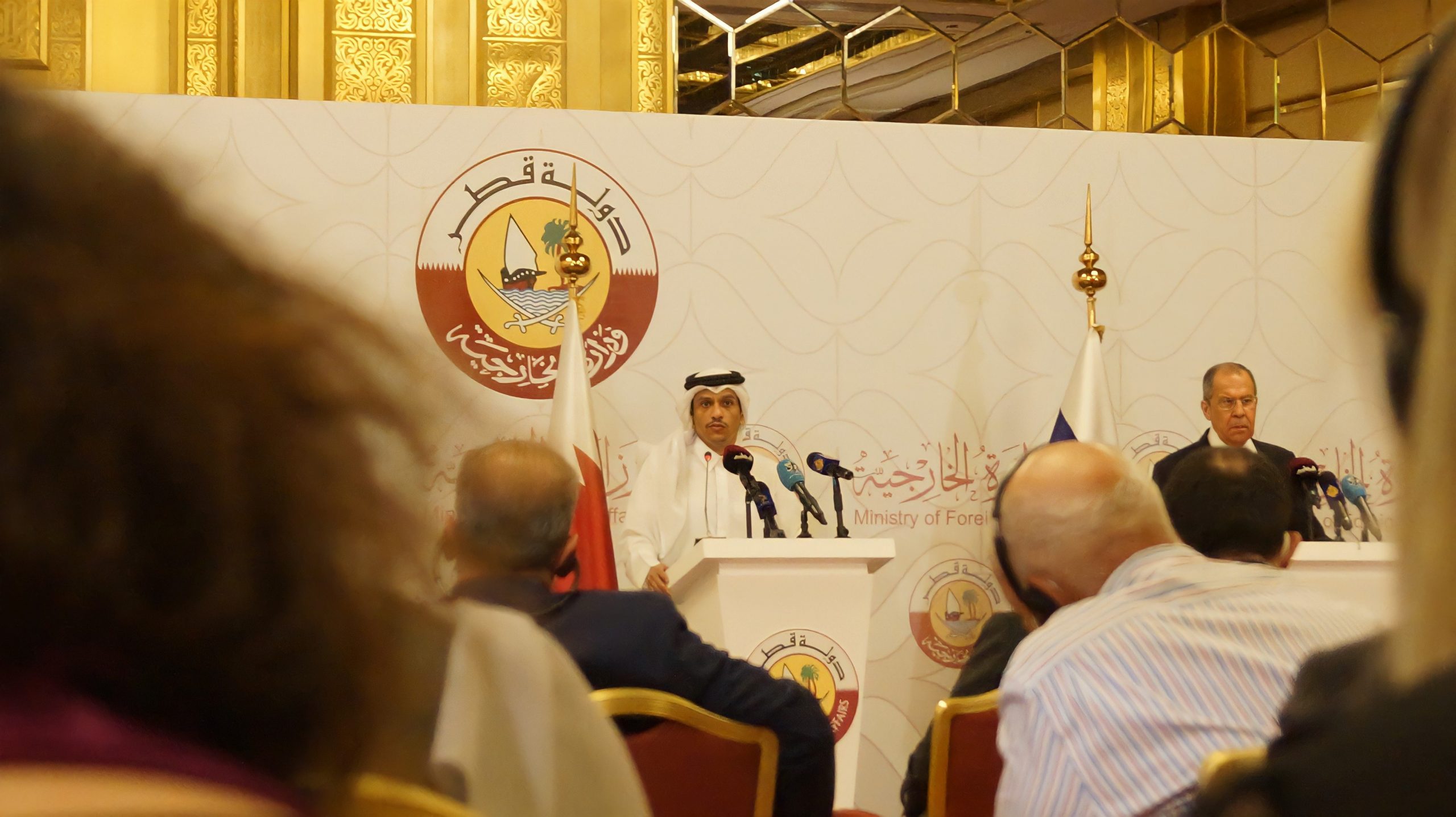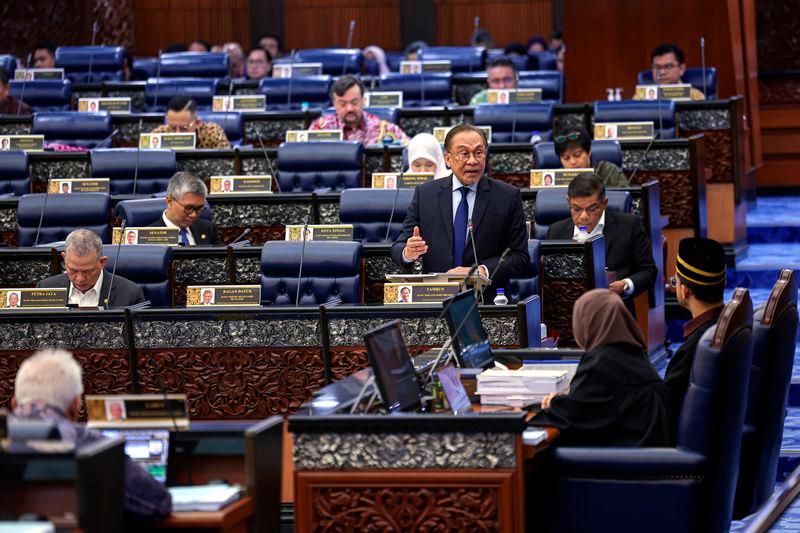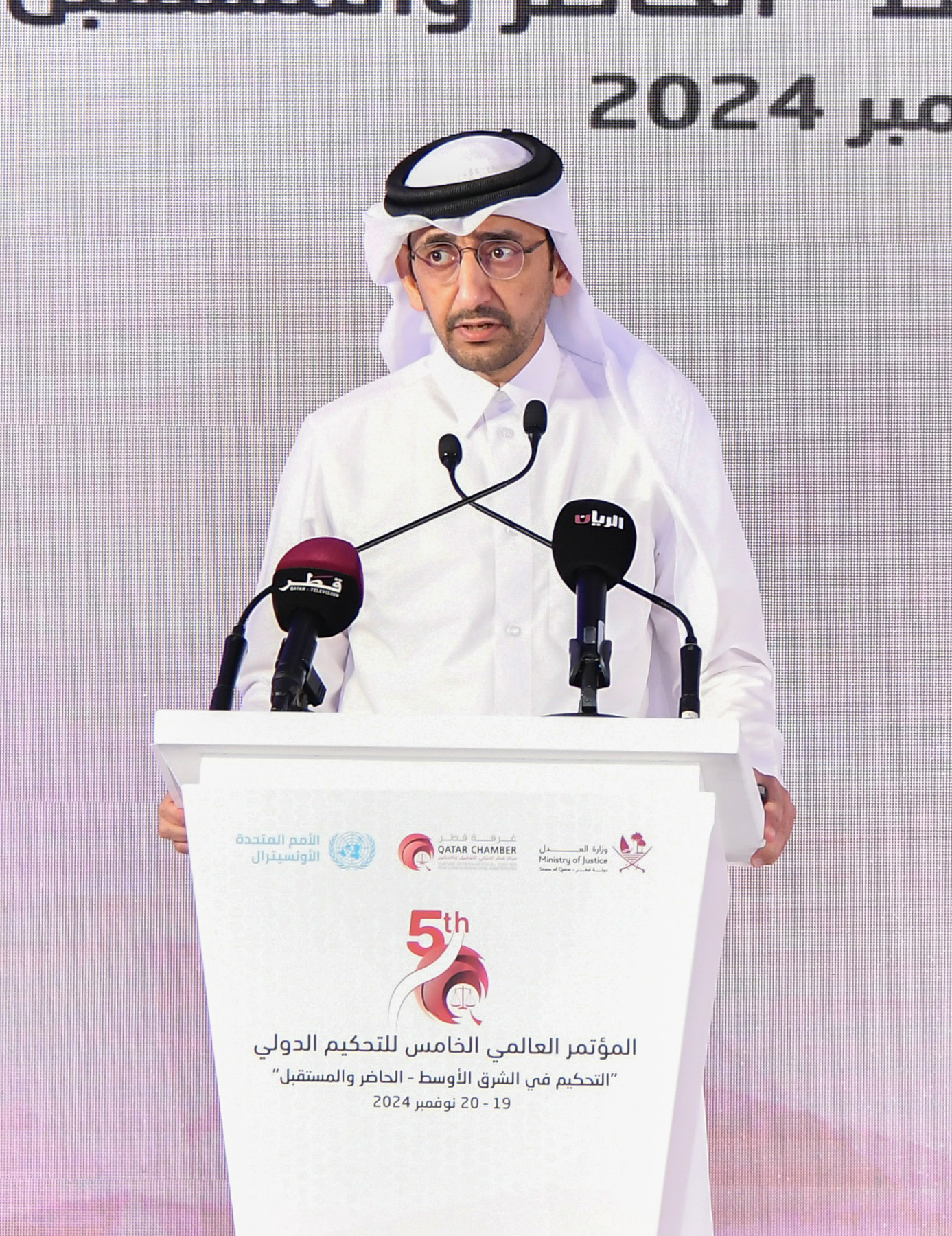Qatar has been calling for a political resolution to the ongoing crisis in Syria, now playing a role in the trilateral peace efforts with Turkey and Russia to ensure the end of the conflict.
A decade has passed since Syrians took to the streets to protest Bashar Al-Assad’s regime, who quickly confronted protesters with excessive violence that turned a peaceful call for change to a devastating war.
In recent years, Qatar has intensified its calls to resolve the crisis, with particular focus on prioritising the return of refugees within the framework of the Geneva Convention.
Last week, Qatar confirmed moves to establish a trilateral consultation process with Russia and Turkey to address the Syrian conflict. In a statement just days laters, Qatar’s Assistant Foreign Minister and Spokesperson for the Ministry of Foreign Affairs Lolwah Al-Khater doubled down on calls for a political solution in Syria to ensure sovereignty and stability.
Read also: Turkey, Russia, Qatar push for political resolution in war-torn Syria
Al-Khater remarks were made during a virtual conference on Monday titled “Syria – Accountability After 10 Years” on the sidelines of the 46th session of the Human Rights Council to commemorate ten years since the protests erupted.
“We believe that it is crucial for the international community, as well as the UN bodies, to come together in support of the Syrian people in facing this humanitarian challenge, and we must work actively to provide aid, and ensure that this aid reaches all those in need in accordance with the relevant Security Council resolutions,” she said, criticising the lack of international effort to address the injustices committed towards Syrians.
Al-Khater also reiterated Qatar’s position in working towards having “transitional justice” as a key part in the political solution and holding those behind the human rights violations accountable.
Qatar’s mediation efforts
As an influential mediator, Qatar has for years been pushing to end the war in Damascus without the need for military intervention. Speaking to Doha News, experts say this may be the only viable solution.
“I think that there is no other way to ensure a stable and secure Syria and to allow the refugees to come back to their country unless there’s an effective transition of power, and this needs regional and international actors to agree on this concept and push towards this solution,” Dr. Ali Bakeer, Ankara-based political analyst and researcher, told Doha News.
This is in line with Qatar’s long-term position on the issue, which has since the beginning of the uprising in 2011 openly called for Assad to step down.
Doha’s recent team-up with Russia and Turkey to ensure stability and sovereignty in Syria follows the 2017 Astana talks designed to reach a ceasefire, which has on several occasions been broken by deadly air strikes from the Assad regime.
That joint cooperation was announced following a meeting on Thursday that brought together Turkish Foreign Minister Mevlut Cavusoglu and his Russian counterpart Sergey Lavrov in Doha, where they unveiled moves to cooperate with the UN’s envoy to Syria and delegates of the Constitutional Committee to work towards reforms.
Speaking to Doha News, Professor of Political Science and Islamic Thought Dr. Louay Safi said the latest move is an urgent response to a perceived lack of results.
“The trilateral meeting was triggered by the lack of progress in negotiation due to the intransigence of the Assad regime, and the realisation, particularly on the part of Russia, that a military solution would not bring peace to Syria,” the Hamad Bin Khalifa University professor said.
Russia is also “keen on encouraging Gulf countries” to help rebuild Syria and providing funds to the Assad government, but Qatar and Turkey insisted on reaching a peaceful resolution instead, Dr. Safi added.
“Qatar and Turkey insisted that the first step should be a peaceful resolution for the conflict, since there is no point to provide funds to a government that has been using its resources to impose a military solution, and to use most available funds to feed its military machine,” he said.
Post GCC reconciliation
Despite the 2014 GCC crisis and pressure by neighbouring countries, Qatar’s position and foreign policy on Syria remained unchanged. In 2011, Doha was the first to close its embassy in Damascus – a move that was later replicated by several countries.
Although the Gulf crisis of 2014 was soon resolved, the region was met with yet another dispute in 2017 that led to a significant divide, with countries struggling to unite over the resolution to end the war in Syria.
One of the main divides includes the reopening of embassies in Syria, in effect, a move to renormalise ties with the Assad regime. Most recently, the UAE and Bahrain announced the reopening of their missions in Damascus.
The UAE has also reportedly attempted to sabotage the Idlib ceasefire and has been accused of supporting the Assad regime.
However, given Qatar’s strong mediating position in the region, Bakeer believes Doha may be able to bridge the regional gaps, especially now that it has reconciled with neighbouring Gulf states through the signing of the Al-Ula Declaration earlier this year.
“Qatar is a key mediator which tries to bridge the gap between different opinions and the players to reach the needed results,” said Bakeer.
Follow Doha News on Twitter, Instagram, Facebook and Youtube







